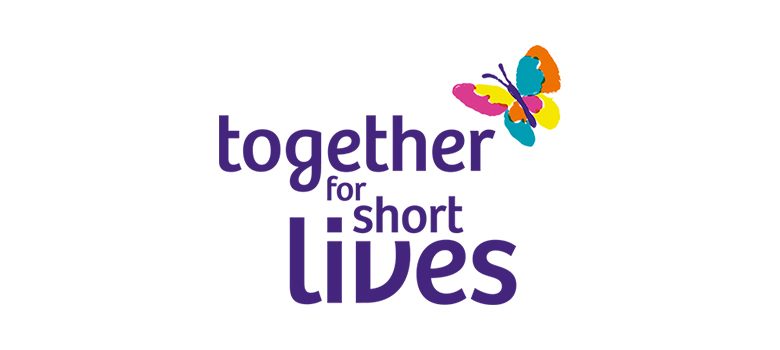
Together for Short Lives launches eight innovative projects to support seriously ill young people
Eight innovative projects launched in November 2018, to help young people with a life-limiting or life-threatening condition get the vital support they need, made possible by funding from Together for Short Lives – the UK charity for children’s palliative care.
Advances in medical technology mean that the number of young people with life-limiting conditions is increasing. There are now almost 13,000 18-25-year-olds living with a life- limiting condition, and this number has grown by 33% over 10 years. Unfortunately, a lack of coordination between adult and children’s services means that young people can fall through the gaps and miss out on vital care.
Together for Short Lives is addressing the issue head-on, launching round 2 of their ground-breaking Improving Transitions for Young People Fund. The fund is designed to stimulate innovation by funding projects taking a fresh approach to supporting seriously ill young people, testing and demonstrating how services can be joined up around a young person.
This year, the panel were particularly keen to fund projects aiming to improve GPs’ knowledge and confidence in dealing with this emerging group of young people with very complex needs. GPs play a critical role in supporting these young people, but sometimes don’t have the experience or confidence to support them fully. Two projects will tackle the issue, one pioneered by the Royal College of General Practitioners will develop an e-learning module, and one managed by St Oswald’s Hospice will develop and test ways for GPs to support seriously ill young people in the community
Other projects funded by the programme include:
- Transition Hubs – Ty Hafan will offer a one-stop point of contact for young people transitioning to adult services. The “hubs” will provide joint clinics with adult and paediatric doctors, advice on benefits and legal issues, carer support, advice on employment and education, and social opportunities.
- Teen matters: Transition: Each and Every Need Matters – Sunderland Royal Hospitals NHS Trust will work to formalise care pathways for disabled young people with complex needs and produce a suite of resources to underpin the transition journey.
- Transforming transition experiences of young people in Suffolk – St Elizabeth Hospice will create a new role, specifically designed to co-ordinate care across multiple services and teams, ensuring care is joined up for young people.
- ‘Talking about – sex and relationships: Young people speak out’ – The Open University’s Sexuality Alliance will develop resources that will facilitate young people to have conversations about sex, intimacy and relationships with their family, carers or professional support staff.
- Pathways Clinic – Royal Devon & Exeter Hospital Trust will change their model of care, so that seriously ill young people are discharged from their paediatrician to a single adult doctor, rather than to their GP. This way, the adult doctor will assume the role of the paediatrician, looking after the whole person rather than a specific medical issue.
- Expert Parent Programme – The Council for Disabled Children will develop a programme of workshops led by parents of young people with palliative care needs, supplemented by accompanying e-learning modules. The programme will help other parents looking after seriously ill young people to advocate on behalf of their children and navigate the confusing landscape of support.
Together for Short Lives’ CEO, Andy Fletcher says: “Too many seriously ill young people face significant barriers to getting appropriate care and support as they make the transition from children’s to adult services. That’s why supporting innovation in this area is absolutely vital. These young people don’t have time to wait for services to catch up with their needs, so we urgently need more projects like these to give seriously ill young people a brighter future. I am looking forward to seeing the results and what can be done to share what works with other areas across the country.”
Together for Short Lives is grateful for the generosity of the three grant-making foundations and trusts that have enabled this programme of innovation to exist. While the first round of projects were made possible with funding from two funding bodies including the MariaMarina Foundation, we are delighted that they have been joined in this second round by funding from the St James’s Place Charitable Foundation.
Read more about the Improving Transitions for Young People Fund here: https://www.
By Together for Short Lives
More on Disability Horizons…
- Oyster Project: Disability charity with an ethos that ‘the world is your oyster’
- Step and Stone: a Bristol-based bakery training people with learning disabilities
- How the OHMI Trust is making music inclusive for disabled people
Let us know about your involvement in your local community by emailing us at editor@disabilityhorizons.com, joining us on Twitter and Facebook, or commenting below.